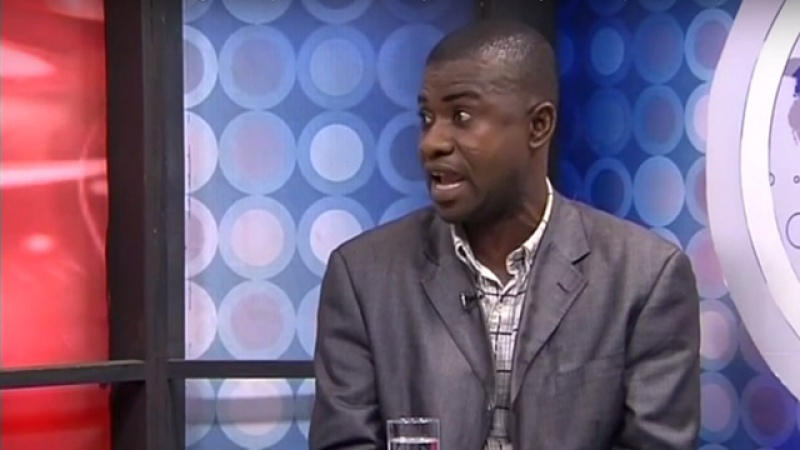The Council of State offers members who are interested in politics but lack the resources to contest for parliament an alternative to pursue their political ambitions, a political science lecturer with the Kwame Nkrumah University of Science and Technology (KNUST), Dr Edward Brenya, has said.
“… If you look at what it takes in terms of resources to go to the Council of State, it is less than what it is for Members of Parliament. So, if individuals feel that they don’t have the financial resources and the other things they might need at the level of Members of Parliament, probably the Council of State may offer them the chance to sort of achieve their political dream,” Dr Brenya told Emefa Apawu on 505 on Class91.3FM on Thursday January 26.
His remarks follow the closure of the filing of nominations for membership of the Council of State. Nominations were opened from January 20 and filing of nominations closed on Thursday, January 26, for the election to come off on February 9.
The number of people aspiring for Council of State membership has risen this term, with 25 people entering the race for Greater Accra Region alone, while a similar rise in interest has been reported in other parts of the country.
According to Dr Brenya, the high interest follows an increased desire among Ghanaians to play a part in the governance of the state.
“If you look at our democracy in the Fourth Republic, more and more people these days are somehow picking up the interest in representation… So I wouldn’t be surprised at the general interest. The electorate, the voters, and ordinary Ghanaians know that they have a role to play and that might have pushed individuals to try their luck at the Council of State,” he stated.
The role of the Council of State is to “consider and advise the president or any other authority in respect of any appointment which is required by the constitution or any other law to be made in accordance with the advice of, or in consultation with the Council”.
Source: Ghana/AccraFM.com


































